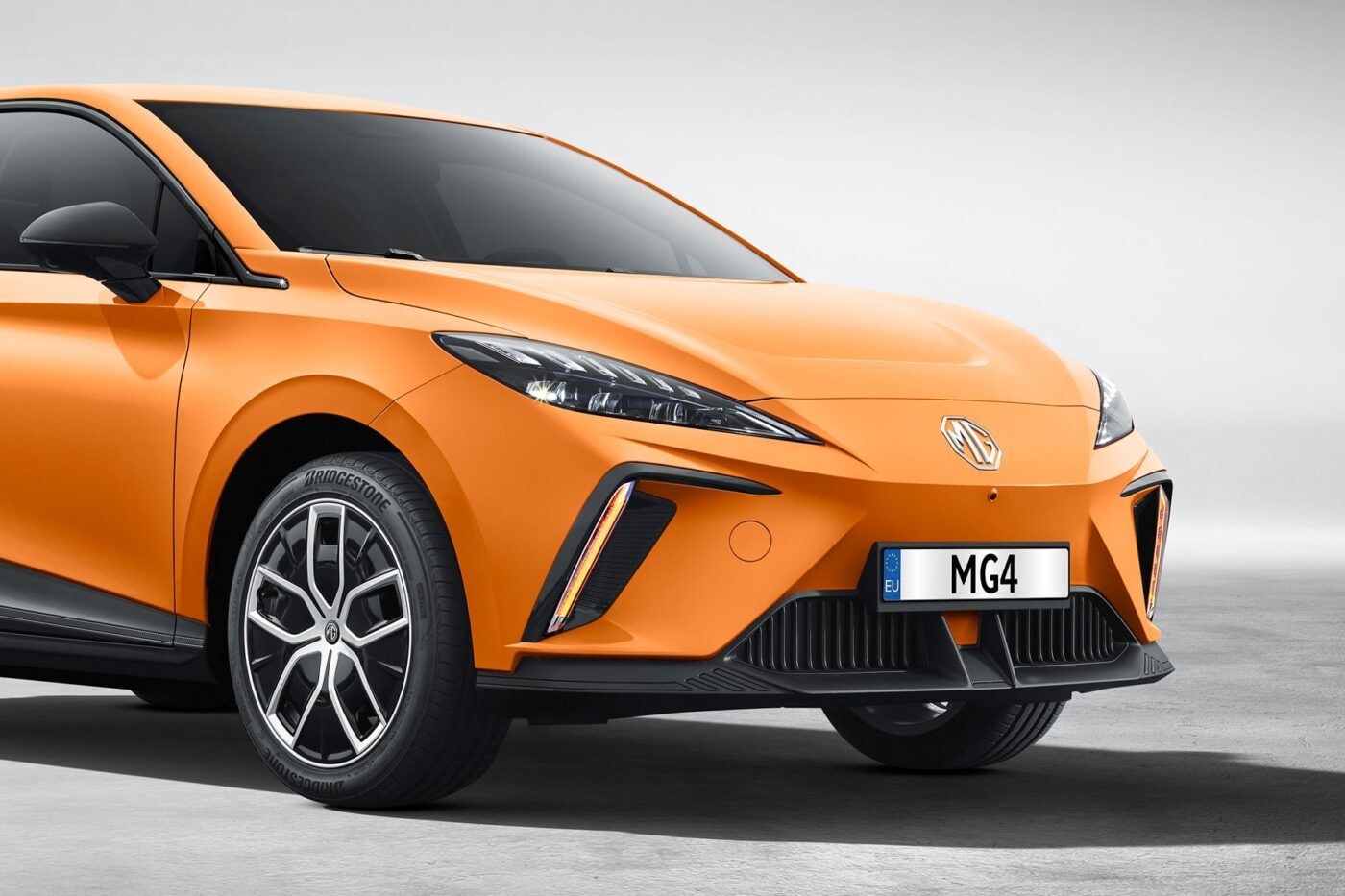SAIC to take legal action against EU special tariffs on Chinese electric cars
The Chinese car manufacturer is of the opinion that the EU Commission’s investigation was “wrong in determining the subsidies” and “inflated subsidy rates” by ignoring important information and the company’s counter-arguments.
However, SAIC does not want to give up the European market. The company states that it is taking “measures to adapt to the trade barriers” and will step up its efforts to bring new models with different drive systems to Europe. This is because other drive systems are not affected by the special tariffs, meaning that SAIC could export hybrids to Europe, for example, without having to pay the high special tariffs on imports. The SAIC subsidiary MG Motor, for example, also offers the MG3 small car, the ZS compact SUV and the HS large SUV as hybrids in Europe.
When the new EU regulation comes into force, SAIC will have to pay 45.3 per cent customs duty on imports of electric cars with immediate effect. Previously a tariff of ten per cent import duty was in place, but with the new regulation, the Group will have to pay an additional 35.3 per cent special duty. This means that SAIC will have to pay the highest special duty.
In the anti-subsidy investigation launched at the end of 2023, the European Commission examined whether Chinese car manufacturers are able to offer their electric cars more cheaply than European manufacturers who have not received the corresponding subsidies thanks to unauthorised subsidies from the Chinese state. In the Commission’s view, this would be an unauthorised competitive advantage. The result of this investigation: on average, Chinese manufacturers could offer their electric cars 20 per cent cheaper due to the subsidies.
However, the special tariffs are not levied across the board, but in some cases on a manufacturer-specific basis – according to the EU, the exact tariff rate should relate to the high subsidies received, which were determined in the investigation. According to the logic, those who received more subsidies should now also pay higher customs duties to compensate. Even before the proceedings were concluded, the Commission had accused the three manufacturers BYD, Geely and SAIC of a lack of cooperation – for example with regard to subsidies, operations and supply chains.
It is precisely at this point that SAIC apparently feels it has been treated unfairly. Or at least sees a legal opportunity to take action against the special tariffs. It remains to be seen whether the lawsuit will be successful once it is actually filed.





2 Comments